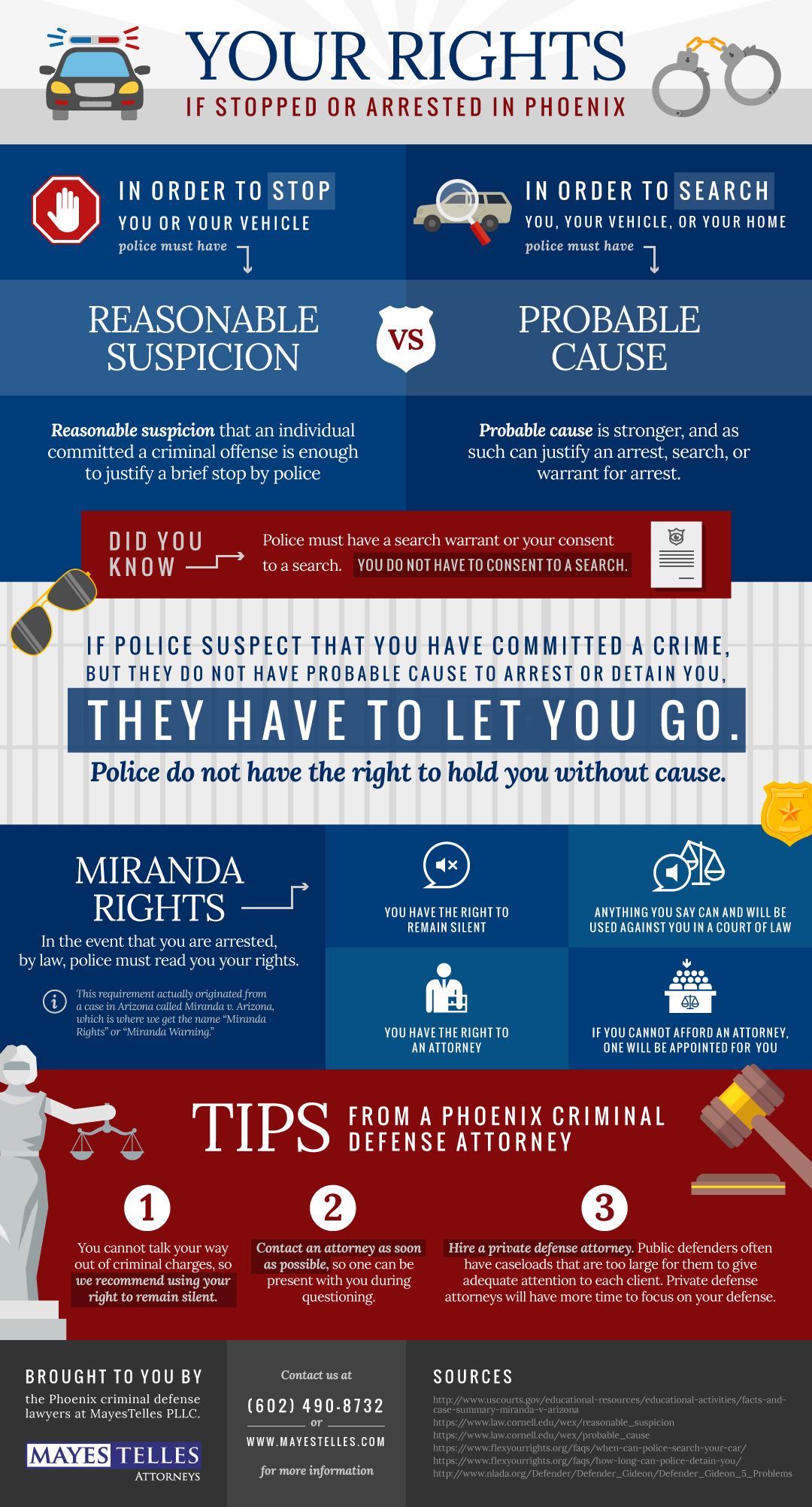What Happens During A Criminal Trial: A Detailed Introduction
What Happens During A Criminal Trial: A Detailed Introduction
Blog Article
Web Content Writer-Kincaid Therkildsen
When you enter a criminal trial, you might be surprised by the structured procedure that unfolds. It all starts with jury choice, where prospective jurors are looked at for biases via a method called "voir dire." Afterwards, both sides provide their opening declarations, setting the stage for the evidence and statements to follow. You'll see how the prosecution and protection develop their cases, yet what takes place next can substantially influence the outcome. Recognizing these stages can disclose the intricacies of justice, but there's even more to reveal regarding the critical moments that comply with.
Court Choice Refine
When it concerns the jury option procedure, you're diving into a vital phase of a criminal trial. This procedure, often called "voir dire," includes wondering about prospective jurors to guarantee they're unbiased and efficient in supplying a fair verdict.
You'll see both the prosecution and defense lawyer getting involved proactively, each intending to select jurors that line up with their instance's narrative.
Throughout voir dire, you'll see that attorneys ask questions concerning jurors' backgrounds, ideas, and experiences. Their objective is to determine any pre-existing biases that can influence a juror's decision. As a juror, you might really feel a mix of anxiousness and curiosity, however your honesty is important.
After examining, attorneys can challenge particular jurors for reason if they believe a juror can't remain neutral. They can also use a restricted variety of peremptory obstacles to reject jurors without mentioning a reason.
Trial Phases Explained
The phases of a criminal trial play an essential role in making certain a reasonable and organized process.
You'll initially experience the opening declarations, where both the prosecution and defense detail their situations. This establishes the stage of what's ahead.
Next off, the prosecution provides its evidence and witnesses, aiming to prove the defendant's regret beyond a practical doubt. You'll see straight examination adhered to by cross-examination, permitting both sides to test the presented information.
After the prosecution relaxes its case, it's the protection's turn. They'll present their proof and witnesses, often concentrating on producing reasonable uncertainty. You'll observe that the protection does not need to verify innocence; they simply require to test the prosecution's situation.
Once both sides have actually provided their arguments, you'll hear shutting statements, where each event summarizes their situation. This is important as it strengthens their positions before the jury ponders.
Throughout these stages, the court guarantees that the trial abides by legal requirements and that the rights of both celebrations are protected.
Comprehending these stages will aid you value the intricacies associated with a criminal trial and the relevance of each action in the quest of justice.
Judgment and Sentencing
After all proof has actually been presented and debates made, the court or court supplies a decision, figuring out the defendant's sense of guilt or innocence. If what is it worth of the jury, you'll mull over with your other jurors, going over the proof and your perceptions. This procedure can require time, as you'll wish to make sure everyone agrees on the decision based on the truths.
Once https://voiceofoc.org/2022/04/local-lawyers-vying-to-become-ocs-next-top-prosecutor-sound-off/ is gotten to, it's introduced in court. If the offender is found guilty, the next stage is sentencing. This is when the judge determines the appropriate penalty. You might notice that various elements influence the sentence, such as the severity of the crime, the defendant's past record, and any mitigating circumstances.
The court might enforce a series of sentences, from penalties and community service to imprisonment. In some cases, the defense or prosecution can present debates concerning sentencing, attempting to guide the judge's choice.
If the accused is found not guilty, they're acquitted, and no punishment follows. Bear in mind that a guilty decision can commonly bring about charms, where the accused might challenge the decision or the sentence imposed.
Conclusion
In a criminal trial, you've seen how vital each action is, from court selection to the last judgment. You've adhered to the prosecution and defense as they develop their cases, intending to encourage the court. When deliberation concludes, the verdict determines the outcome, and if the accused is condemned, the sentencing phase begins. Recognizing these procedures helps you appreciate the complexities of the justice system and the significance of each duty in guaranteeing a reasonable trial.
